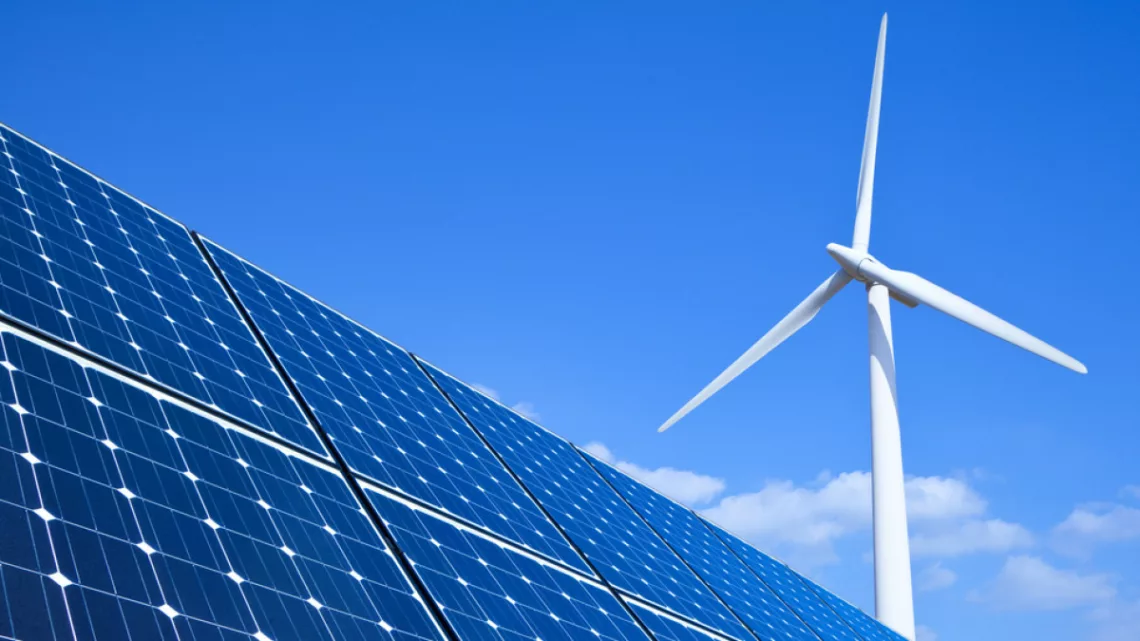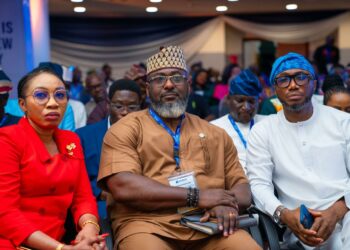Following the deficiencies in the energy sector, it has become incumbent on the Nigerian Government to invest more in renewable energy technology as a credible alternative to the troubled sector.
Nigeria has been struggling to provide adequate electricity to a growing population over the years with little success but the government is bent on investing in this sector to power the economy.
To buttress the nation’s quest for increased renewable energy, minister of science technology and Innovation, Adeleke Mamora, at the opening ceremony of a three-day expanded stakeholders engagement and interactive consultation on the proposed 30mw(hybrid) pilot wind farm project in Jaredi, Sokoto State recently, noted that the nation is poised to exploit its vast potential to improve national productivity.
In the same vein, the executive vice chairman/chief executive, National Agency for Science and Engineering Infrastructure (NASENI) Prof. Mohammed Sani Haruna disclosed that the agency’s target is to contribute 50 Megawatts of solar energy to Nigeria’s electricity by 2023.
He made this known during the closing ceremony of a week-long NASENI Skill Acquisition Training and Youth Empowerment for 100 youths on solar installation and maintenance in Awka, Anambra State recently.
Prof. Haruna said the agency already has achieved about 21 Megawatts per annum with installed capacity through its NASENI Solar Energy Limited (NSEL), a manufacturing plant located in Karshi, Abuja, owned by the Agency. He said the plant is now implementing its plan to double that capacity to move its production capacity to 50 Megawatts to bridge the gaps of over 80 per cent imported substandard solar products which has flooded Nigerian markets.
In order to halt the flood of solar products that enter the Nigerian markets every year, there is the need for training and retraining of technicians in the solar system electric power supply subsector because a competent workforce for Nigeria is a must for self-reliance and industrial development.
According to Haruna, “Failure to acquire skill and training for solar electricity supply is the root cause of most failed solar installations across the country. This is frustrating and discouraging to customers, some consumers are already contemplating that the solar system is a myth instead of a reality.”
According to government sources renewable energy has considerable potential in Nigeria, and could bridge the major energy gaps in rural areas, particularly northern Nigeria. The scale of opportunities is only just becoming apparent as new grid technologies such as concentrated solar power are emerging as in competitors with conventional power generation.
The Nigerian government has also enhanced the persuit of this objective with Renewable Energy Master Plan (REMP) which seeks to increase the supply of renewable electricity from 13 mper cent of total electricity generation in 2015 to 23 per cent in 2025 and 36 per cent by 2030. The Master Plan is focused on making Renewable electricity to account for 10 per cent of Nigerian total energy consumption by 2025.
According to an energy expert Onwuamaeze Iloeje, a number of renewable energy (RE) technologies have been developed or adapted at the Energy Commission of Nigeria (ECN) and in RE research centres across the country, e.g. solar PV technology, solar drying, solar water purification, solar air and water heating, solar chick brooding, solar refrigeration, Improved biomass stoves, biogas generation, wind power generation and micro-hydropower generation.
However, most of the technologies available are either used as pilot projects or utilised on a very small scale. This is one area the government and stakeholders must work out modalities to increase utilisation.
There is also the challenge of wind electricity, which has not been fully harnessed in the country despites its great potential.
It is therefore incumbent on the government to enhance the capacity in this sector to improve the fortunes of the country and drive economic development through renewable energy technology.





